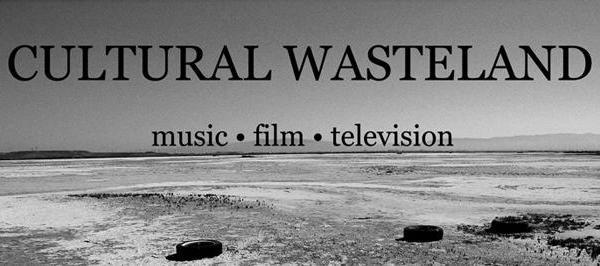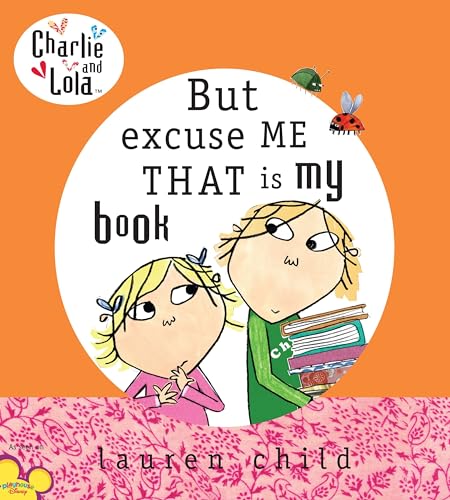Invariably,
The Mars Volta's experiments in progressive-rock, metal and jazz, have been embodied in concept albums, so it was certainly an interesting prospect to see how individual songs would fare stripped of their original context. It would be my first time seeing the band, and I was, predictably, extremely excited. They had chosen to eschew the traditional gig format - there would be no support act, they were due on at 8.00pm and would play for two hours straight, electing to hardly talk to the crowd, and playing no encore.
As is befitting of such an unpredictable and adventurous band, they did not open straight into a 'safe' favourite to get the crowd fired up. As a first timer my fanboyism does not extend as far as to know what this opener was, but to my virgin ears it sounded like a semi-improvised jam. Later research has identified it to be titled 'Intro Song', which isn't particularly revealing. Either way, it provided an apt opening, enabling the crowd to get accustomed to the aural and visual onslaught that would follow it.

Next up was an unexpected highlight in 'Viscera Eyes', a song that despite its 9:25 length (on the album anyway), is perhaps one of the band's most conventional efforts. Translated to the stage the band played it pretty straight, as they are not usually wont to do. Lead man Cedric Bixler-Zavala started to clamber up on one of the massive amps, and performing crowd-pleasing acrobatics. 'Viscera Eyes' features what Pitchfork has described disparagingly as a
"meat-headed riff", which isn't entirely inapt. During the song my eyes were constantly drawn to guitarist Omar Rodriguez-Lopez, who despite his slight frame, managed to completely dominate the stage as he delivered a fresh, controlled version of the track's sprawling solo.
Just a few songs were played in isolation, including the brief, but frenetic 'Wax Simulacra' off the new album
Bedlam in Goliath. This was directly followed by another short track off the new album, 'Goliath', the bridge between the two punctuated by shrill King Crimson-esque saxophone calls. These two songs worked very well together, as they do on the album. Another
Bedlam in Goliath track, 'Ouroborous' followed, sections of the crowd singing the repeated refrain "
Don’t you ever, ever, ever trust my mercy." The epic 'Tetragrammaton' (nearly 17 minutes on the album) was another highlight, with its spiralling intro, calm passages and frenzied, muddled end. The concert ended, with perhaps the most energetic response from the crowd, with the oldest song of the night, 'Drunkship of Lanterns', off the 2003 debut
De-Loused in the Comatorium.
The set was heavy with tracks from their most recent album, featuring just one song off their debut album
De-Loused in the Comatorium, and nothing from their sophomore effort
Frances the Mute and the utterly brilliant
Tremulant EP, which as a first timer, is slightly disappointing. However as other reviewers have been at pains to highlight, a Mars Volta concert isn't simply about the individual songs. It's a far more isolated, singular experience than your average rock concert - each song bled into the next, the enjambment constructed by bridging jams and solos. As I exited the venue, a woman came up to me and asked what songs the band had played as she had missed a portion of the gig. I struggled to name them, as I was still trying to digest what I had just experienced. I had been so mesmerised by the intensity of the performance I had to come home and find the set-list online to remember the individual tracks with any real clarity.
Besides the actual music the gig was a visual treat. There seemed to be about ten band members. While the unsurprisingly heavy-set drummer Thomas Pridgen was going absolutely crazy for the duration of the gig, at the side of the stage you could see a couple other members nonchalantly shaking four maracas. The backdrop was static, with no light show or moving images to accompany the music - this was perfectly appropriate as the music and the energy conveyed on stage was more than sufficient to hold my attention for the near two hours the band played.
The crowd, perhaps unsurprisingly, seemed to comprise of a mixture of geeky long-haired metal types (I spotted Dream Theater, 65daysofstatic, At the Drive-In and The Fall of Troy t-shirts) and semi-poseurs. Quite an unthreatening lot, who at times appeared reticent to offer the band much reaction. For me this did not detract from the gig as I was held in thrall by the action on stage throughout. The venue, refurbished two years ago, is fantastic - a cavernous, yet somehow undeniably intimate space. The staff were helpful and friendly, and apart from the near ridiculous queue for the cloak room at the end the venue did little to mar the experience of the actual performance.
Set list:
Intro SongViscera EyesWax SimulacraGoliathOuroborousTetragrammatonAgadez Jam / AberinkulaDrunkship of Lanterns(it seems as though the epic
Cygnus...Vismund Cygnus was cut from the set at the last minute, possibly due to the gig over running)
JAMES MORGAN
 Firstly they should offer an amnesty to any illegal immigrants in the country who can sing Whitney Houston’s ‘My Heart Will Go On’ without sounding like a pissed up middle-aged woman doing karaoke on a hen night. The amnesty would also apply to those who can dance the tango without looking like they have rickets and those who can act at a level at least above Hollyoaks standard. We will hand out passports like candy to those who fit these stringent criterions.
Firstly they should offer an amnesty to any illegal immigrants in the country who can sing Whitney Houston’s ‘My Heart Will Go On’ without sounding like a pissed up middle-aged woman doing karaoke on a hen night. The amnesty would also apply to those who can dance the tango without looking like they have rickets and those who can act at a level at least above Hollyoaks standard. We will hand out passports like candy to those who fit these stringent criterions. 


 Don’t be surprised if the hosts are even more afflicted with abject cretinism than Jeremy Clarkson, but without half his talent for sarcasm.
Don’t be surprised if the hosts are even more afflicted with abject cretinism than Jeremy Clarkson, but without half his talent for sarcasm. I imagine the US remake will be about as subtle as a brick to the face, and probably half as funny.
I imagine the US remake will be about as subtle as a brick to the face, and probably half as funny.
 Now that Six Feet Under, The Sopranos, The Wire and The West Wing are over, there’s a gaping void in American television where a real candidate for “best television show ever” should be.
Now that Six Feet Under, The Sopranos, The Wire and The West Wing are over, there’s a gaping void in American television where a real candidate for “best television show ever” should be. 



















